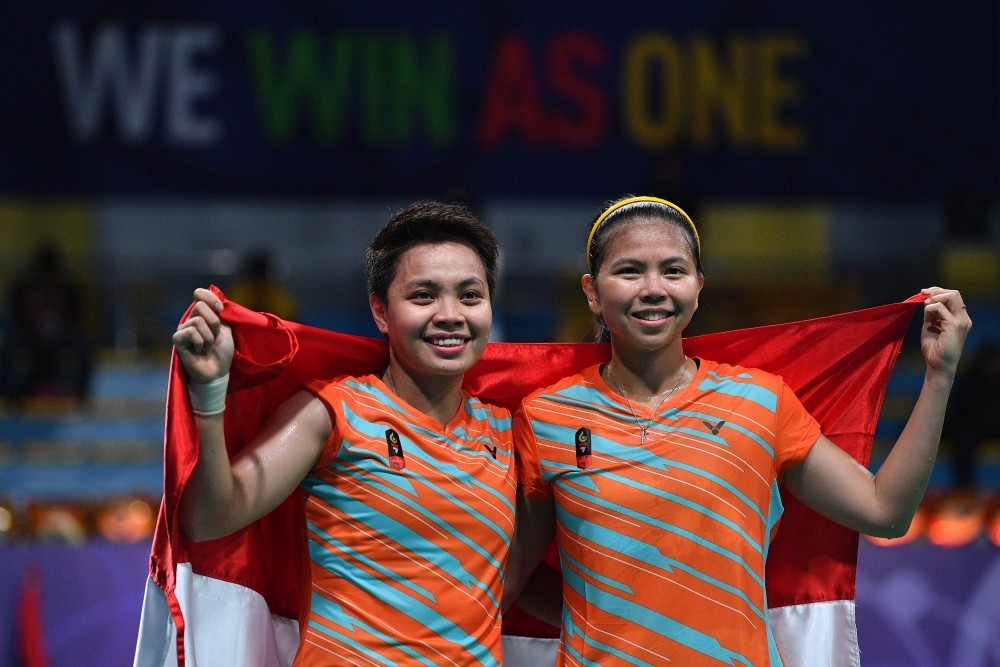Popular Reads
Top Results
Can't find what you're looking for?
View all search resultsPopular Reads
Top Results
Can't find what you're looking for?
View all search resultsFixing the match fixing
When a storm comes the PBSI cannot evade responsibility and should instead take necessary measures to prevent the violation of sportsmanship from recurring.
Change text size
Gift Premium Articles
to Anyone
T
he first badminton title of the year, won by women’s doubles pair Greysia Polii and Apriyani Rahayu on Sunday, seems to offer Indonesia little respite from the shocking match fixing scandals besetting the country recently.
The Badminton World Federation (BWF) announced on Jan. 8 that eight Indonesian players had been found guilty of match fixing practices, mostly during low-level tournaments in 2019. The badminton body banned three of the players for life and prohibited the other five from competition for between six and 12 years and fined them from US$3,000 to $12,000.
These embarrassing findings deal Indonesian badminton a major blow, considering the sport has for decades been a source of national pride at the international level. Olympic gold medals, dozens of trophies and other honors from badminton have raised Indonesia to prominence.
The Indonesian Badminton Association (PBSI) deserves credit for contributing much to the achievements. Similarly, however, when a storm comes the PBSI cannot evade responsibility and should instead take necessary measures to prevent the violation of sportsmanship from recurring.
Following the BWF’s announcement, the PBSI, through its spokesperson Broto Happy, appeared to wash its hands of the humiliation. He said the eight players were no longer a part of the team that underwent a national training program and therefore outside the association’s reach even before the match fixing took place.
Such an excuse does not bode well for an organization mandated to develop national badminton and generate and regenerate quality players. The PBSI, therefore, deals not only with the national team, which may consist of less than 100 players, but the entire badminton ecosystem, including thousands, if not millions, of players.
While match fixing is a serious violation that threatens the values of competition, honesty, hard work and sportsmanship, blaming the perpetrators does not solve the matter. The PBSI’s unfriendly gesture to the eight players has doubled their punishment, which will only do more harm than good. After all, these players, despite the degree of their mistakes, are products of the PBSI.
Such a selfish act will not provide any incentive to the PBSI. On the contrary, it may raise many eyebrows as to whether the PBSI has done enough to build a system that can prevent or detect cheating.
It would have been more appropriate for the PBSI to apologize to the public, as it failed to see the violation coming in the first place. As a governing body, the PBSI should deliberate strategic plans to eradicate such ill practices instead. If it has to, the PBSI could also ask the guilty players to share information on how to recognize match fixing and perhaps lead the badminton body to other perpetrators or a match fixing ring that may operate in the country.
Learning from the recent scandal, the PBSI can establish a reporting protocol, through which it must offer protection and incentives to whistleblowers. The PBSI can also cooperate with the police and tighten its monitoring arms to minimize similar actions in the future.










